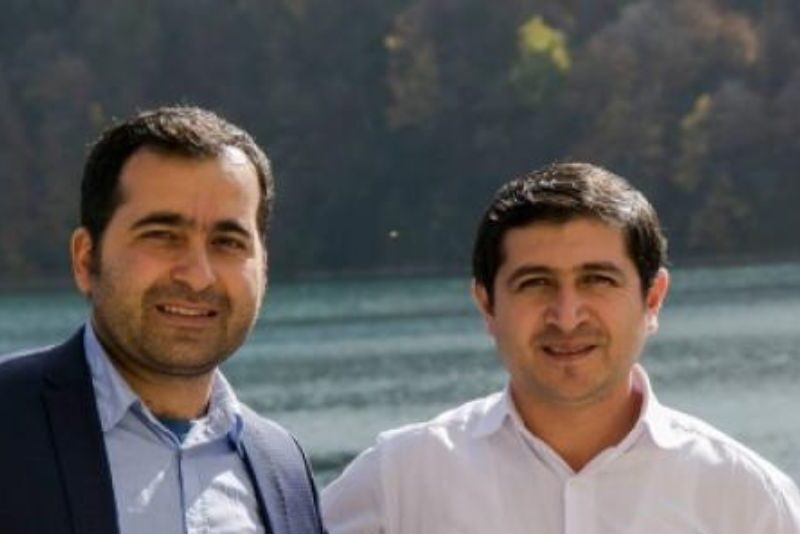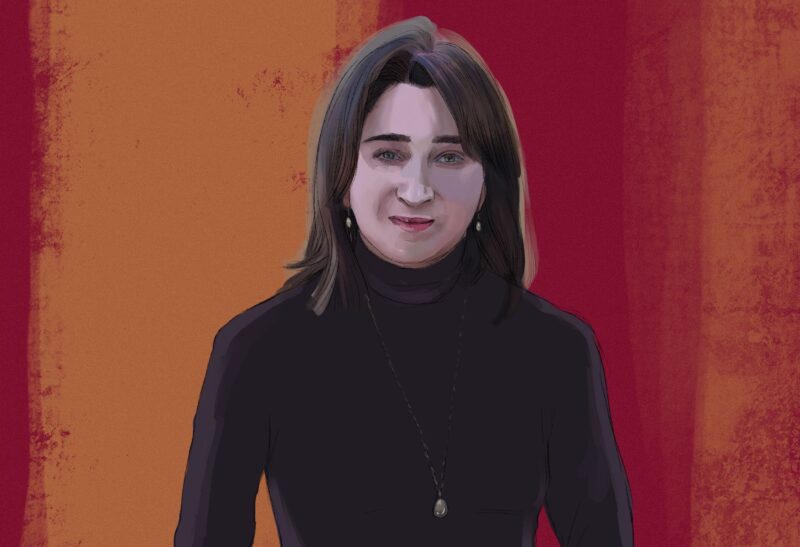

For an election-time column like this, one might wax philosophical about the possible outcomes of a neck-in-neck match.
About the 2015 general elections in Britain, writer
Jonathan Freedland quipped
in his
Guardian
op-ed: “As horseraces go, this one should be thrilling.” It’s quite a zippy piece about the contention between two rival parties, good ole’ Labour and the Tories.
Yet for the November 1 parliamentary elections in post-Soviet Azerbaijan – with its rigged elections and bad rap with human rights – there’s no need for anything like that. Why? Because to use such an analogy, one would have to throw light on the fact that the other horses – opposition candidates, those are – have had their legs fractured before the race’s start.
A major international group, the Organization for Security and Cooperation in Europe,
decided
not to observe the state’s historically corrupt elections. The OSCE was originally slated to help the oil state on the Caspian Sea make its electoral process fairer but after Azeri authorities put a limit on the number of observers it could send, the OSCE pulled the offer off the table, deciding not to play ball.
A
report written in August
by a needs assessment mission put together by the OSCE and the Office for Democratic Institutions and Human Rights tried to make sense of the current Azerbaijani electoral scene. It’s an intriguing document that puts into perspective the turmoil of Azerbaijan’s political system. (The ODIHR said via email it would not comment further on its decision to refrain from observing the upcoming election.)
Here is what you should know, based on the report:
-
The President has the upper hand in parliament.
Of 125 parliamentary seats, the New Azerbaijan Party, led by Ilham Aliyev – who won the last presidential election by
84.6 percent of the vote
,
a surefire sign of foul play at the ballot boxes – holds 66. The next largest party usually votes in favor of the ruling party, and holds 42 seats, for a total of 108 practically unopposed votes. -
The electoral system is fixed in favor of the ruling party.
Three commissions constitute the system through which elections are administered. The problem is: the most powerful commission, the Central Election Commission (CEC), is elected by whoever holds a majority in parliament. Constituency-level commissions are selected by the CEC. And the smaller and more multitudinous precinct-level commissions are selected by the ConECs. A number of people from political parties and society told the OSCE/ODIHR assessment mission cohort that “this formula, in practice, gives pro-government forces control of all commissions, undermining trust in the impartiality of the election commission.” -
Opposition candidates have had a hard enough time registering, let alone campaigning
. In the past, authorities have disqualified alternative party candidates based on the suspicion that their signatures were “falsified.” Opponents of the government told the OSCE about possible pressure from authorities to not sign in favor of their candidates. Opposition candidates also said it’s difficult to get public meetings authorized. Even when authorized, the meetings are again and again scheduled in places that are difficult to reach. A video obtained by Meydan shows the chairman of a local electoral commission in Goychay-Aghdash, Nizam Maharramov, explicitly tell parliamentary candidate Vidadi Isgandarli that he is barred from holding public gatherings.
-
Azerbaijan hardly gives the OSCE the time of day
. The OSCE has tried to lend a level of equality to the Azerbaijanmi elections for some time now. But in July, a main OSCE operation in Baku, meant to help implement the OSCE’s suggestions,
was shut down
.
August’s needs assessment cohort found that issues for which the OSCE has been criticizing Azerbaijan have remained problematic. For example, the way in which elections commissions are selected, and the mechanisms for handling complaints about the electoral process are still substandard. For the October 2013 presidential elections, the OSCE launched an electoral observation mission to Azerbaijan that found the election “was undermined by limitations on the freedoms of expression, assembly and association that did not guarantee a level playing field for candidates.” Phrases like “candidate and voter intimidation” and “a restrictive media environment” also pepper that report.
One cannot ignore human rights abuses when it comes to the context wherein these elections will take place. The other night, a friend joked I had been “North Korea’d” when I traveled in Azerbaijan
earlier this year
;
that is, I had been shown the best bits of the capital city by hosts of an international forum. The joke was made in passing – but President Ilham Aliyev and Kim Jong-un would no doubt get on famously, especially since both Azerbaijan and North Korea made the list of the Committee to Protect Journalists’
top ten most censored countries in the world
.
As Dr. Karin Deutsch Karlekar, PEN American Center’s Director of Free Expression Programs in New York,
told me by phone
,
Azerbaijan has brought about one of the worst free expression and rights “crackdowns” in the area. As of September, there were eight journalists in jail and 80 to 100 imprisonments motivated by politics, said Karlekar.
This could turn around with a change in government but as long as the legs of other horses are broken, there’s hardly a chance for a political change of course.
*Jonathan Bach, a journalist and research fellow with the University of Oregon-UNESCO Crossings Institute for Conflict-Sensitive Reporting and Intercultural Dialogue, is an op-ed contributor for Meydan TV.
The views expressed in this article are the author’s own and do not necessarily reflect Meydan TV’s editorial policy.



